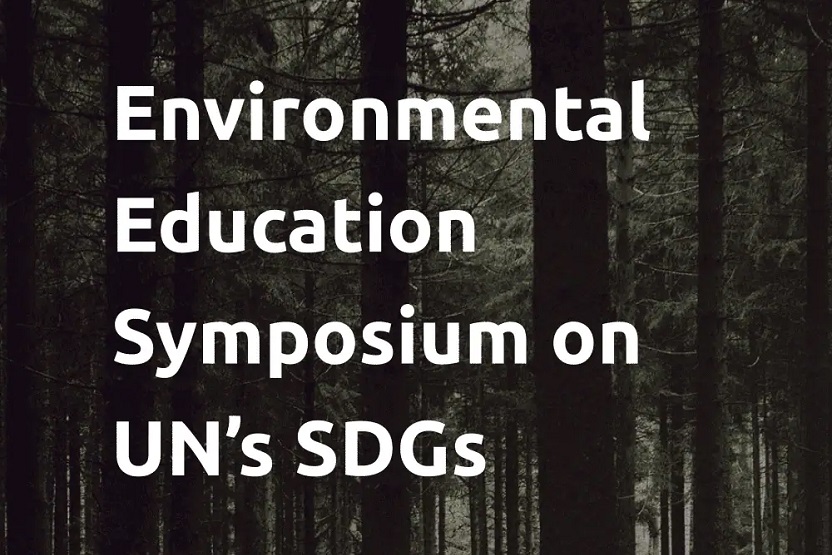The number of climate change litigation cases has surged in the last four years and now stands at 1,550 in 38 countries (39 including the courts of the European Union). As of 1 July 2020, some 1,200 of these cases were filed in the United States and 350 in all other countries combined. This was almost double the number identified in an inaugural 2017 UNEP report on the subject. That document listed 884 cases in some 24 countries, of which 654 were in the United States and 230 in other nations.
“This tidal wave of climate cases is driving much-needed change,” said Inger Andersen, UNEP Executive Director. “The report shows how climate litigation is compelling governments and corporate actors to pursue more ambitious climate change mitigation and adaptation goals.”











Comment
Reply